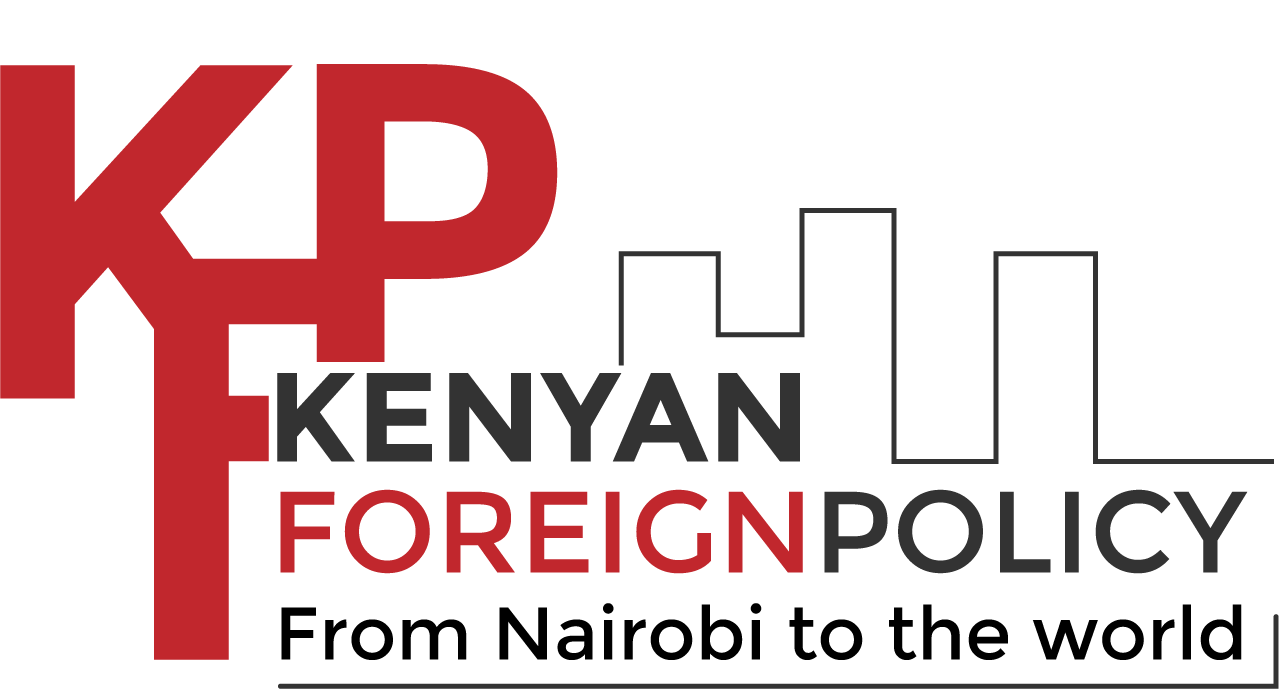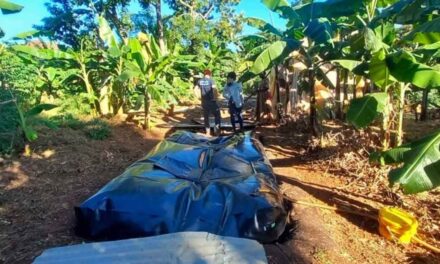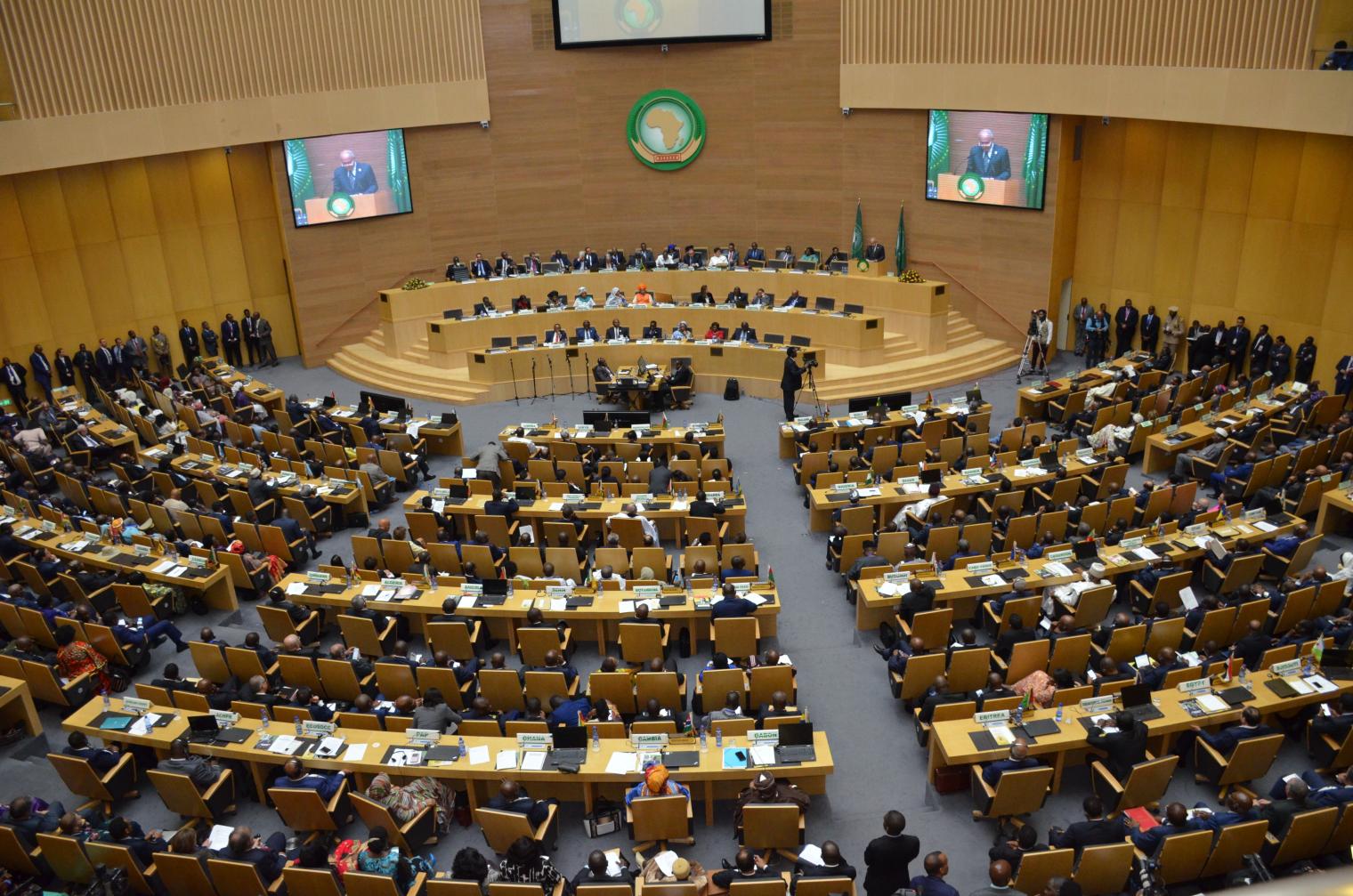
Elon Musk’s Starlink Internet Launches in Kenya, But It Won’t Yet Beat Safaricom, Faiba or Zuku
Posted by KFP Editor | Jul 19, 2023 | MUST READ, TELECOMMUNICATIONS


Elon Musk has announced that Starlink, a satellite internet service provided by SpaceX, is now available for purchase in Kenya.
“Starlink for sale in Kenya! Note, buying a Starlink with global roaming allows you to travel almost anywhere,” Musk tweeted on Tuesday, 18 July 2023.
Starlink for sale in Kenya!
— Elon Musk (@elonmusk) July 18, 2023
Note, buying a Starlink with global roaming allows you to travel almost anywhere. https://t.co/Gg8krpPpwY
Starlink’s internet service utilizes a network of satellites to provide internet connectivity; Kenyans will now have internet access from anywhere in the country.
It is not going to be cheap though. Total hardware set-up costs will be Kshs 92,100 (hardware + handling and shipping).
Monthly subscription to the Starlink service costs will come to Ksh 6,500. A first-time users will therefore pay Starlink Kshs 98, 600 in the first year, and Kshs 78,000 per year thereafter.
Back in January, Kenyans were given the option to book their Starlink orders at a deposit of Kshs 12,241 ($99 at the time).
The Standard Starlink kit ships immediately and arrives with everything you need to get online in a matter of minutes.
An upgraded Starlink kit with global roaming capability that allows you to access
Internet services even while traveling to different locations around the world is also now available to Kenyans.
Starlink versus Safaricom and Faiba
On its website, Starlink says it is capable of delivering speeds of over 150Mbps and a latency of 25 milliseconds to any place on the planet, as long as its satellite dish has a clear view of the sky.
In comparison, Safaricom charges Kshs 3,499 for 10Mbps to Kshs 5,999 for 40Mbps, while a 100Mbps subscription costs Kshs 14,999 per month.
Their 5G Wi-Fi router retails at Kshs 25,000 and a further Ksh.5,000 for set-up.
Faiba offers 125Mbps for Kshs 21,000. The average latency for Safaricom and Faiba is 600 milliseconds and above.
Therefore, at only Kshs 6,500 for up to 150Mbps and 25 milliseconds latency, Starlink looks like the better deal. However, there’s a catch.
How will Starlink actually perform?
Kenyan Starlink subscribers have received an email saying, “Users will be able to engage in common Internet activities like email, online shopping, or streaming a movie, but they won’t be able to engage in activities like online gaming or video calls. Service will improve dramatically over the next year”.
This suggests that for the time being at least, the Starlink service will be similar to or even lower in speed and quality to other internet providers in Kenya.
This is because SpaceX hasn’t managed to launch enough Starlink satellites to adequately serve the Kenyan airspace.
As of May 2023, the Starlink satellite network consisted of over 4,000 small satellites in low Earth orbit (LEO) globally.
Each Starlink satellite is roughly the size of a coffee table and weighs 500 pounds (227 kg).
They have a reflective panel to draw solar energy from the sun, and they maneuver in space by firing thrusters powered by Krypton gas.
These tiny satellites beam the internet down to the Starlink dish that Kenyan customers are purchasing at Kshs 89,000.
SpaceX plans to deploy a total of 12,000 Starlink satellites worldwide, with a possible later expansion to 42,000.
Ben Roberts, the British CTO of the pan-African fiber optic company Liquid Technologies (originally a Zimbabwean company founded by Strive Masiyiwa as Econet in 1997) tweeted.
“Starlink in Kenya will be great for your rural home. But listen to this advice carefully I will say it only once. If you are in a Liquid Fiber/Zuku/Safaricom Fiber/JTL Faiba area don’t even THINK about ditching your fiber for Starlink… Or you will shed premium tears”.
Joram Mwinamo, CEO of Kenyan Startups Incubator SNDBX wrote on Facebook, “Starlink is for people in places with no fiber and that’s more than you would think. Think Lodwar, refugee camps, science stations, military camps, construction sites”.
All things considered, Starlink is a welcome addition to the Kenyan internet scene.
It adds options, especially in remote places.
And if Starlink succeeds in delivering internet broadband at 150Mbps while lowering hardware costs in the future, Kenyan internet service providers (ISPs) better watch out!
Your support empowers us to deliver quality global journalism. Whether big or small, every contribution is valuable to our mission and readers.






































